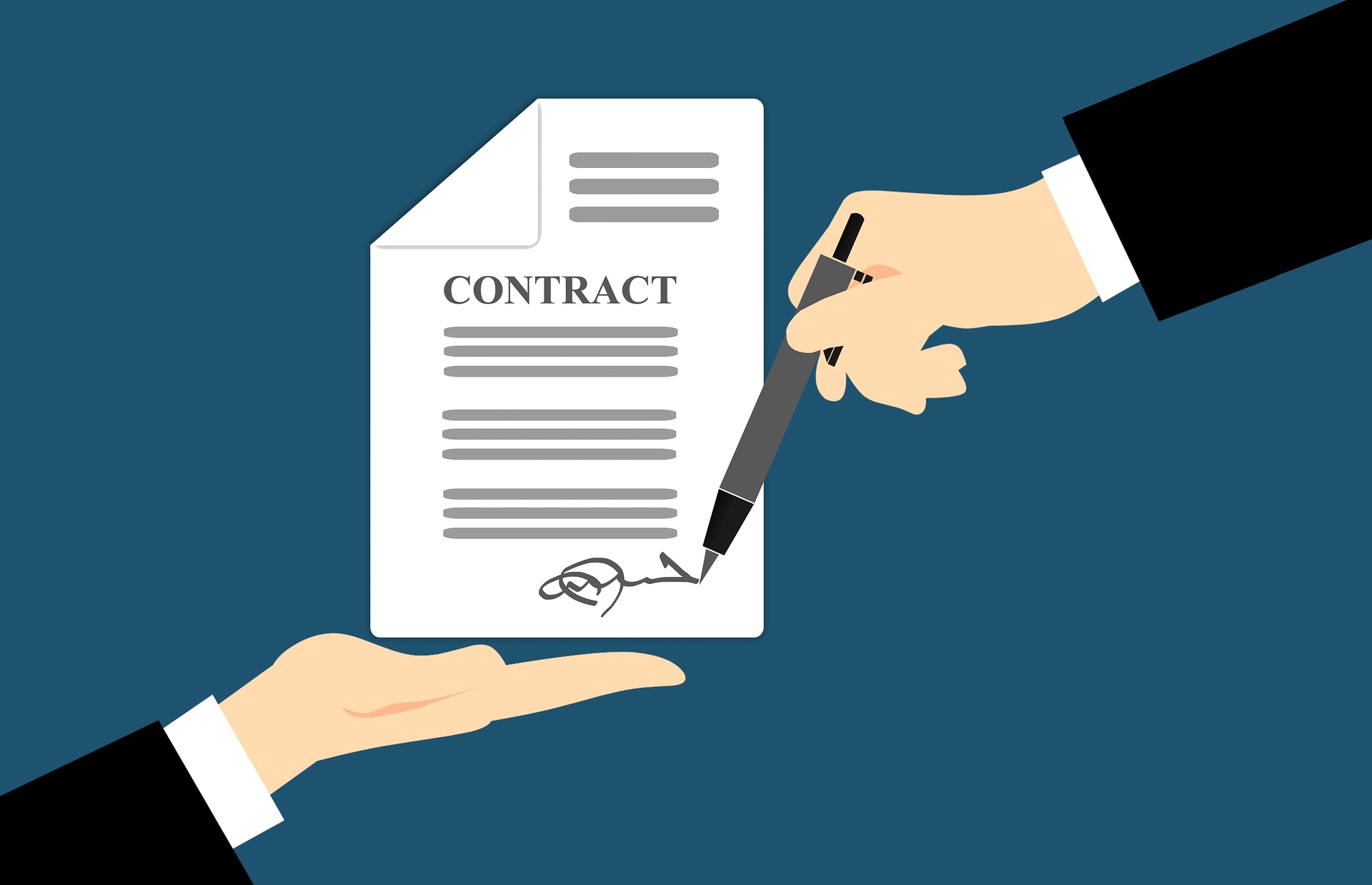
For most organisations there will come a time where you need to tender for a contract, especially when working with the public sector. The process can seem daunting, but we break it down into simple steps and our top tips for tendering.
Understanding the tender process
First of all, it is important to understand the tender process and how you tender for a contract. For most goods and services procured by the public sector, they will use a tender process. The contracting authority will advertise the contract to the market, for interested companies to express their interest and submit a bid for the contract. The bid will be predefined by a certain set of criteria from the authority, mapping out exactly what they are looking for.
Contracting authorities (or ‘buyers’) use both a one-stage and two-stage process. When using a two-stage procurement process, there is a PQQ (pre-qualification questionnaire) first to assess a bidder’s suitability. However, the one-stage process groups both PQQ and tender into one process.
Five top tips when tendering for contracts:
1. Suitability.
It is important to ensure the contract opportunity is right for your business. Ask yourselves the following questions to check for suitability before you decide to tender: Can you deliver the contract? And not only this, can you prove/evidence your delivery? Is it a good fit for your business strategically? And is your business ready to tender? Do you have a good chance of success? Try to determine who your main competitors might be, and how you stack up in comparison. Do you meet all minimum requirements and evaluation criteria? If not, you may fail the initial assessment.
2. Plan.
Rather than diving straight into the writing or, even worse, copying and pasting narrative from another tender, ensure you plan your submission. Each bid will have its own time pressures; however, setting aside a bit of time at the start of the tender process will ensure you do not miss anything, have clear aims and objectives in place and, crucially, understand the tender. In your plan, set yourself smaller deadlines to keep the bid on track.
3. Listen to the buyer
. Tendering does not need to be over-complicated; ultimately it is there for the buyer to procure a product or service, and therefore you need to listen to what they want and how they will evaluate you. Tendering for a contract and the bidding process is not there to trick you, so try to focus on what the buyer is asking, rather than what you would like to say. Align your responses and organisation’s experience with the buyer’s focus and objectives. If they are marking your response heavily on an area such as social value, research into the authority’s social value strategy, and align your company accordingly. They do not want you to guess or to ‘make up’ a response, they will clearly tell you what you will be evaluated on – stick to answering the question.
4. Don’t leave anything to chance.
We often hear ‘don’t worry, the authority knows us and we will win this contract’ or, ‘it’s a fix’. You may have a relationship with the contract authority, for instance, but when tendering for a contract the process must be transparent and fair. You will only be evaluated on the tender that you submit – not your previous relationship or assurances that it will be fine. If another company scores higher than you in the tender, then they will be awarded the contract. Similarly, if you are new to an authority, it is not to say that you won’t win the contract. Ensure you are planning ahead, aware of contract end dates and renewals, and have a team or resource to complete any tender submissions.
5. Continual improvement.
Wherever possible, try and review and quality assure your tender ahead of submission. Following the contract award, whether you are successful or not, always request feedback to see how you were scored, comparisons against other bidders (not only quality, but also in terms of price) and undertake any ‘lessons learned’ for future tender exercises. If it was your first tender and you were not successful, do not be put off and keep monitoring opportunities for the next bid.
How do you find a tender opportunity?
This is much like a job advert, in that once there is the need for a contract to be procured this will be advertised to the public for companies to apply.
There are many websites and online portals, but the two government sites are:
- Find a Tender Service – this replaced the TED European site as of 1 January 2021 and tends to have slightly larger contract values.
- Contracts Finder – this advertises all contract opportunities in the UK, over around £10,000 in value.
Both sites are free to use, and you can sign up for relevant alerts. You can also filter by your geographical region, industry sector, contract value and more. Each contract notice will then contain details of how you can submit a bid to the relevant authority. So, it is very simple to monitor contract notices, and you do not need to pay for an extravagant service.
Outsourcing your tender writing
If you are looking for a professional tender writing consultancy, that specialise in supporting clients to complete a tender submission to bid for a contract, then be sure to have a look at Executive Compass. They work across the whole of the UK, with organisations of various sizes and complexities.
You may be interested in: Discover Everything About Brand Suitability
